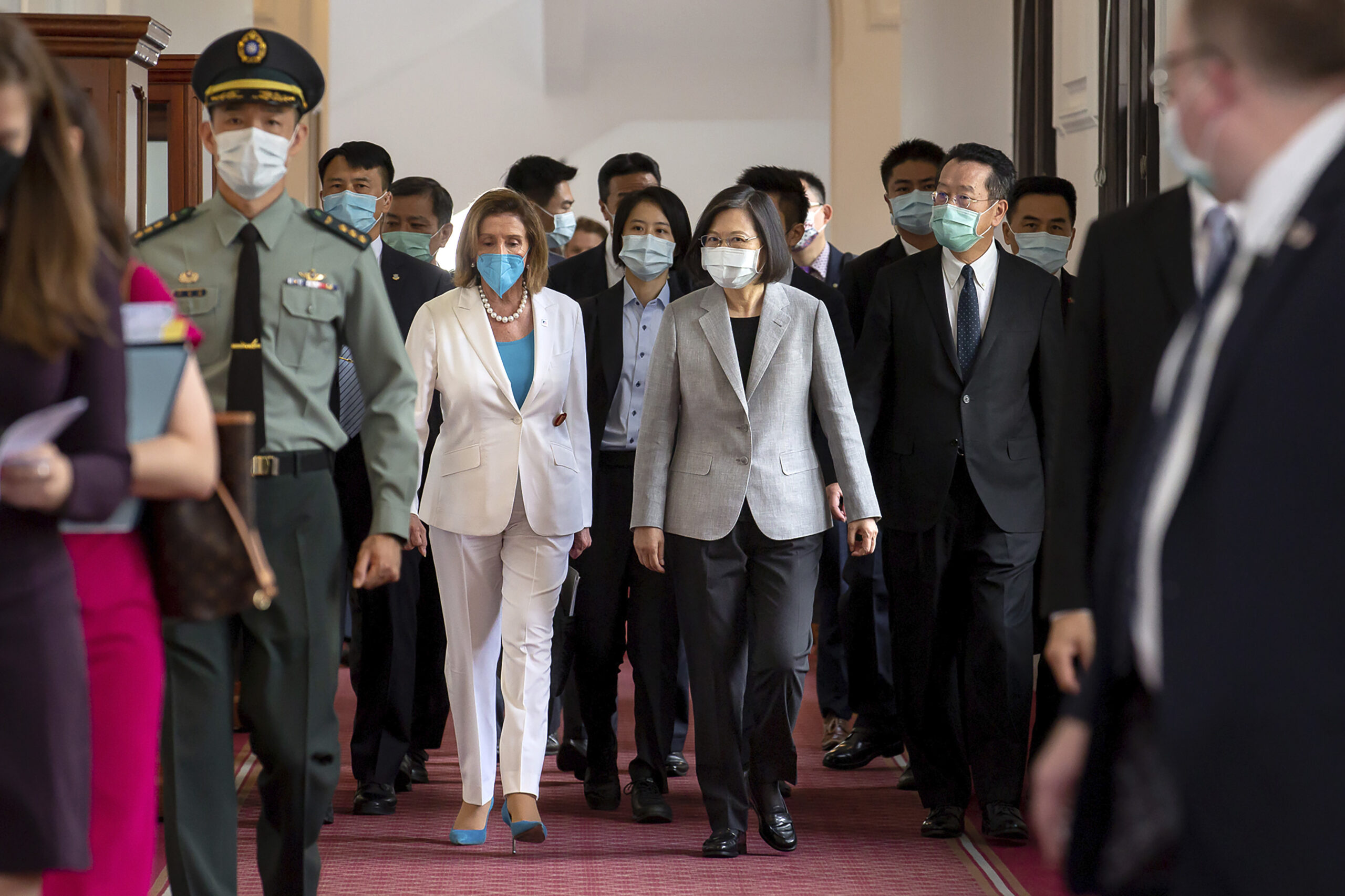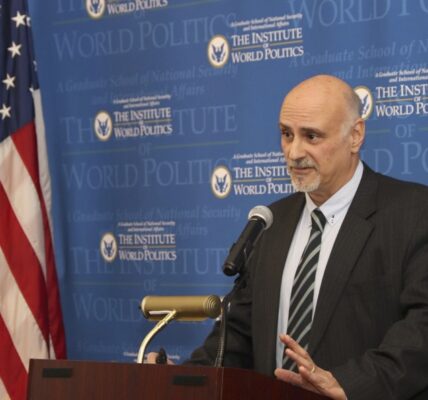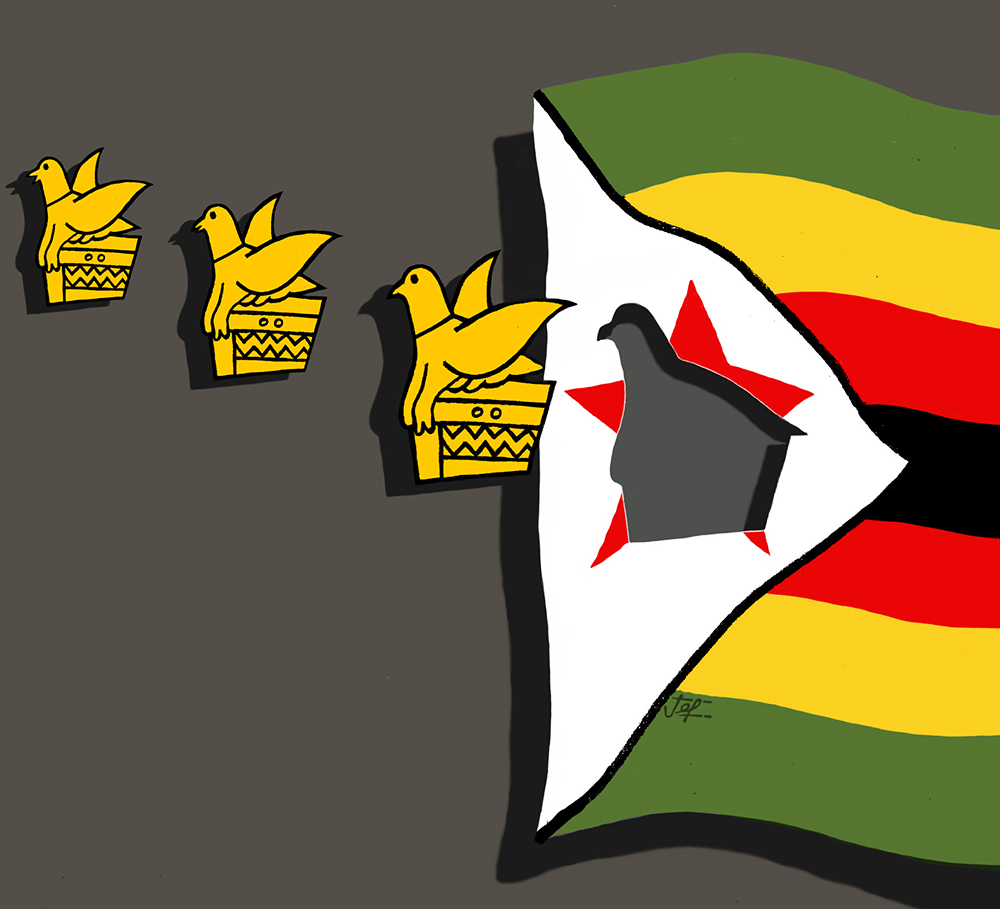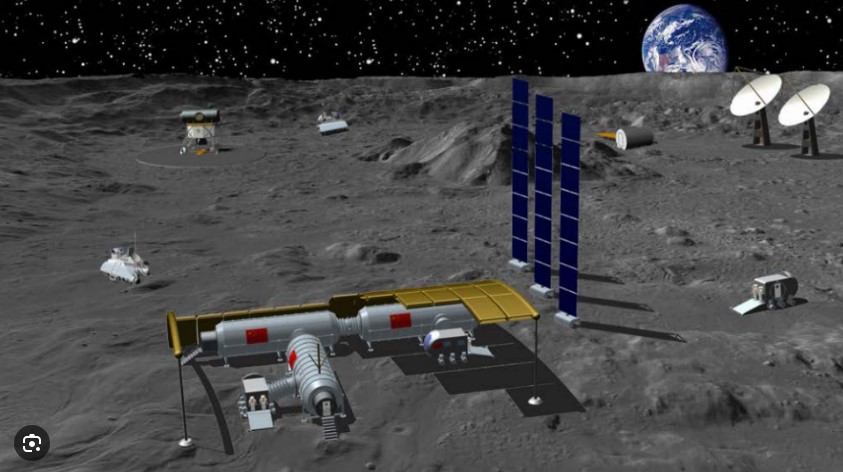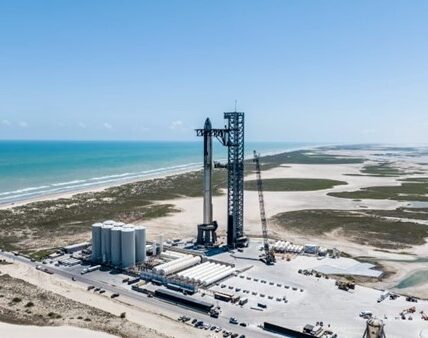In mid-August, China’s angry response to US House of Representatives Speaker Nancy Pelosi’s visit to Taipei was to fire live missiles over Taiwan and into its territorial waters and hold military exercises closer than ever before to the island.
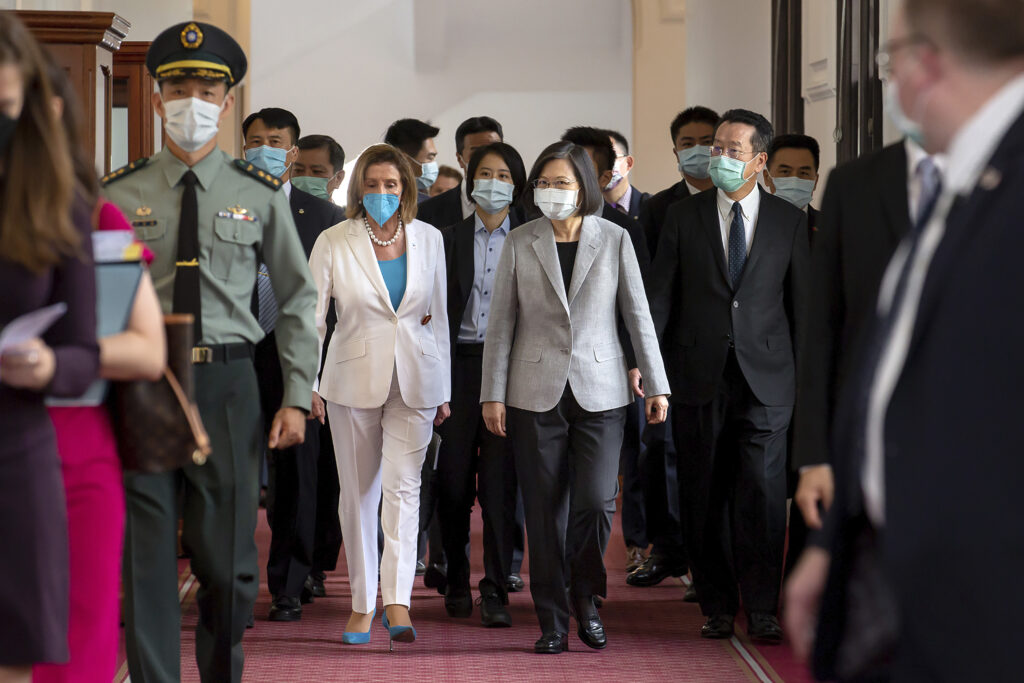
Tension between China and Taiwan, or between China and the USA over Taiwan, is not new. The latest incident has already been dubbed ‘the fourth Taiwan Strait crisis’ after previous events in 1995-6, 1958 and 1954, but this time the Chinese intimidation occurred closer than ever before to Taiwan, with the attendant risk that a miscalculation would spark full scale conflict. It has its roots in the aftermath of the Chinese civil war in 1949, when the defeated Nationalist forces under Chiang Kai-shek fled to Taiwan. Chiang may not have survived for much longer had Mao Zedong not then entered the Korean War, prompting the USA to commit itself to defending Chiang and recognising him as the ruler of China. Previously, Mao had been happy to call for Taiwan to be independent. Now, its rival administration represented a challenge to the communist party’s claim to rule China.
The deaths of first Chiang then Mao in the 1970s heralded a gradual thaw in relations. As China opened up, Taiwanese money and skills poured in, kick-starting its three decades of non-stop growth (the largest private sector employer in China today is a Taiwanese company, Honhai-Foxconn). And as China grew, more and more countries switched their diplomatic recognition from Taipei to Beijing, and Beijing’s leaders relaxed about the supposed challenge from Taipei. Successive Chinese leaders from Deng Xiaoping to Hu Jintao took a long-term, pragmatic view, claiming that ‘time was on [China’s] side’ – sooner or later, the Taiwanese would see sense and ‘re-unite’ with the motherland.
Under this approach, China and Taiwan both joined the WTO at the turn of the millennium. Trade and people to people links between them soared. China was willing to tolerate third-party countries engaging in civil, cultural and economic exchanges with Taiwan but not to ‘official relations in any form’ – a deliberately vague position that left uncertainty as to what would and would not be acceptable to China, thereby also leaving it free to object to such relations whenever it was so inclined. In practice, an implicit set of ‘red lines’ was established. Contact between heads of state or government, foreign ministers, defence ministers and their Taiwanese counterparts were (and remain) unacceptable. As do defence sales, except from the USA. (China usually objects to these but acquiesces in ways that it would not if other countries were to supply arms to Taiwan).
For most of the last two decades, this set of principles has worked reasonably well. But just as western leaders are discovering that their long-held optimism that increasing trade and engagement with China would transform it into a pro-western, liberal state, so too have Chinese leaders seen their assumptions about Taiwan confounded. Trade and visits between the two reached record levels in the period from 2010- 2015. But the advent of democracy in Taiwan in the early 1990s has also engendered national self-consciousness and recognition of Taiwan’s own distinct identity, suppressed under Chiang. Today’s young Taiwanese may look to China as a land of opportunity, but they are no more likely to consider themselves Chinese than their Irish or Australian counterparts consider themselves British. Far from time being on China’s side, with every day that passes, unification becomes an ever more remote prospect.
In China’s eyes, the election of Tsai Ing-wen of the Democratic Progressive Party (DPP) as Taiwan’s president in 2016, has made this harder still given the DPP’s own support for formal independence for Taiwan. Xi Jinping’s response has been to ratchet up pressure and intimidation of Taiwan. It is a similar, but more hard-line, approach to that pursued by China after the previous election in Taiwan of a DPP president in 2000. On that occasion western countries, keen to develop their trade links with China, responded cautiously, usually with statements calling on both sides to show restraint. But growing disillusionment with China, fuelled by the appalling mistreatment of ethnic minorities in Xinjiang, the clamp down in Hong Kong, its colonisation of the South China Sea and more, is this time prompting them to stand up more for Taiwan.
Nancy Pelosi’s visit to Taipei should be seen in this context. Xi’s problem is that years of nationalist rhetoric, fomented by the communist party itself, has forced him into a corner. Having threatened consequences if the visit went ahead, he had to respond for fear of a domestic backlash if he failed to do so. But having already transgressed previous tacitly agreed positions, for example through repeated incursions into Taiwan’s air defence zone by Chinese military aircraft, he had run out of more moderate ways of demonstrating disapproval.
The worry must be that his reaction has created a ‘new normal.’ For example, China no longer accepts the ‘median line’ in the Taiwan Strait, an informal but hitherto respected demarcation line between the two sides, while the ever more frequent incursions into Taiwan’s airspace and waters by China’s military has inevitably increased the risk of an incident sparking a bigger conflict.
The West needs to pushback against this, and firmly. But this requires a long-term unity of will and purpose, not short term gestures. Nancy Pelosi very likely visited with one eye on domestic American reaction in the run-up to November’s mid-term congressional elections, while Xi Jinping expects to be anointed leader of China for a third term at the 20th Party Congress in October so cannot appear to be weak in the face of western intimidation beforehand. Similarly, Liz Truss’ statement (as foreign secretary) at a NATO meeting in April that ‘we must ensure that democracies like Taiwan are able to defend themselves’ may be a great soundbite, but it only irritates China while do nothing concrete to support Taiwan.
An essential first step to easing the tension must be for President Biden and Xi Jinping to meet for face to face talks to try to reset the relationship and agree principles for handling Taiwan. The G20 summit in Bali in mid-November is an opportunity to do so.
As for other countries, ‘tiny’ Singapore offers a good example of what can be done.
It has a good relationship with China and is a major trader and investor there. But it was also one of the first countries to enter free-trade negotiations with Taiwan, where it also trains its troops and stations much of its air force. From time to time its leaders have met privately with those of Taiwan. None of this has attracted the opprobrium or ire of China.
In 2009 the UK was the first western country to lift its visa requirement for Taiwanese visitors. China did not object but the psychological impact for Taiwanese was huge, especially when first the EU, then Australia, Canada and the USA followed suit, while the economic boost from the surge in Taiwanese tourists was welcome. The UK should learn from that experience. Liz Truss hopes to see it join the Comprehensive and Progressive Agreement for Trans-Pacific Partnership (CPTPP) trade agreement. If successful – and the signs are encouraging – it should then work with other members to welcome Taiwan as a member too. At a minimum it should consider a bilateral trade or investment agreement with Taiwan. Like visa free access, the psychological impact for Taiwan would be at least as important as the trade benefits.
And following the precedent set at the G7 Summit in Carbis Bay in 2021, Liz Truss should also work with her G7 colleagues regularly to speak out in support of Taiwan with a single, united voice and ensure that China’s narrative does not go unchallenged. The lesson of Singapore’s experience is that consistency, firmness, and transparency are the way to ease tensions, not soundbites or grand gestures.

